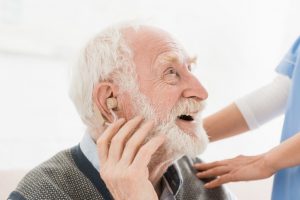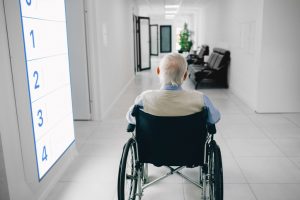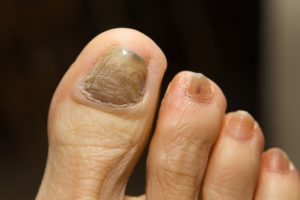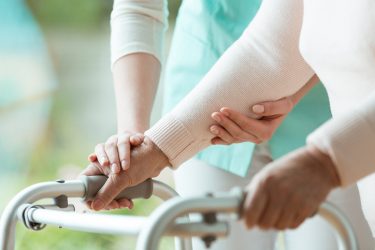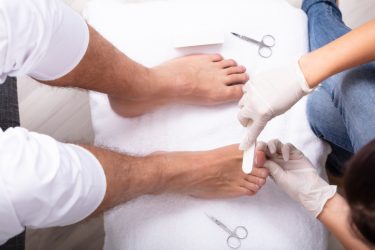Telehealth benefits for the elderly under Medicare – here’s what you should know as a caregiver.
The global COVID-19 pandemic has now claimed the lives of over 100 people in the US.
Most people suffer mild symptoms when they contract COVID-19. People over 65 and those who have underlying health issues are the largest population of those dying from the disease.
For elders who may need to get to a hospital to see their doctor, this can pose a serious health threat.
And so, on Tuesday, Medicare said it would expand coverage for telemedicine services to help seniors with health problems to stay home during the pandemic.
What does this mean?
We’ll go over that in this post.
What is telemedicine or telehealth?
Telehealth is healthcare provided over a phone or teleconference device like Skype or Zoom.
You don’t need to see the doctor physically for a consult.
You can talk to them over the phone or via video conference.
Because of the current pandemic, some seniors might have to cancel their physical doctor’s appointment to adhere to local mandates.
With Medicare expanding coverage for telehealth services, this means seniors can receive their medical care remotely.
How can you help as a caregiver?
If your that may not know how to navigate technology, a caregiver can help them set up the call.
If you’re a caregiver who cannot do this, enlist the help of friends, relatives or neighbors who are willing to help.
In order for these telehealth calls to go smoothly, you will need either a smartphone with wifi/data connection or a computer with a webcam and an internet connection.
Once you have these, I strongly advise that you reach out to your doctor and talk to them about your loved one’s telehealth options. Telehealth benefits for the elderly under Medicare might be all your loved one needs for now.
If this works well, there is a chance that Medicare recipients could enjoy telehealth services as a permanent benefit.



